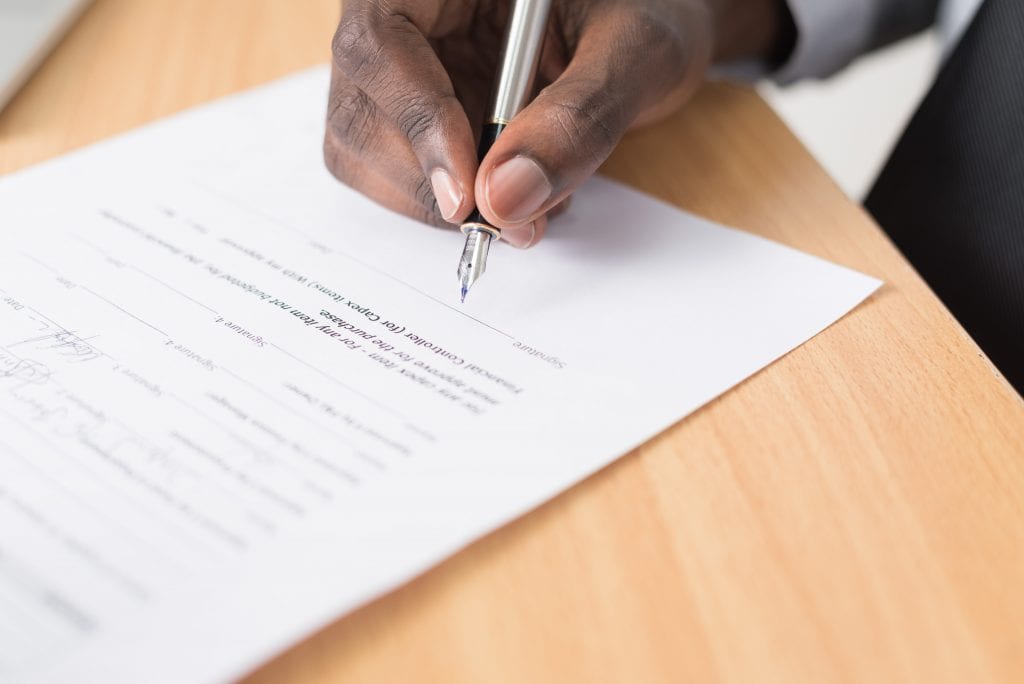WORKING WITH AN ATTORNEY
Here are some recommendations for how to get the best results when working with your attorney.
BEST PRACTICES FOR WORKING WITH AN ATTORNEY
Domestic Relations Litigation is a Team Game
You have hired your attorney and you want to get the best possible outcome at the lowest possible cost. Criminal & Real Estate law litigation is a team game. To achieve the best results in the most efficient manner, you and your attorney’s office will need to work closely together.
1. Clarify your objectives and get clear on the game plan. Keep in mind that objectives and the game plan may need to be modified or adjusted as the cases progresses.
2. Establish realistic expectations. It is rare for a client to get everything that he or she wants out of a case. Your case may need some time to resolve. At times, attorneys and legal staff (on both sides!) may be busy, so things may not happen and your case may not get resolved as quickly as you would like. Ask your attorney about time and cost, but understand that in many cases your attorney does not have full control over how a case will unfold. The Court, the opposing party, the opposing counsel and external factors can all influence how long a case will take, how complex the case will be, and how much the case will cost.


3. A variety of strategies and strategic options may be available for your case, and your attorney should consult with you about these options. However, keep in mind that while the client establishes the case objectives, the attorney has final authority over the means of accomplishing those objectives.
4. Do not expect your attorney to bully, harass, or impose unjustified burdens on the opposing party. The notion that a party will do better if he hires the “most aggressive” or “toughest” attorney in town is generally false in the Criminal & Real Estate law arena. Often, the best strategy involves courtesy, diplomacy, and cooperation. Most cases will be resolved more quickly and cheaply if there is good counsel on both sides. Your lawyer has many principles and obligations that he or she must follow, and client advocacy is not the attorney’s only responsibility. To get an idea of an attorney’s obligations, see the firm philosophy and the firm’s commandments and the Texas Supreme Court’s oath of attorneys.
5. Be completely honest and candid with your attorney. Disclose anything and everything that might affect your case positively and negatively, especially in custody and parenting time cases. Confer with your attorney about any course of action that might affect your assets and liabilities, your children, and your case. Do not withhold negative information or “skeletons.” It is a trial lawyer’s worst nightmare to discover in the middle of a court trial or hearing that his client has not been truthful about something that negatively affects the client’s case.
6. Ask questions if you do not understand something about your case. Your attorney does not want you to suffer unnecessary stress or anxiety because there are things you do not understand.
Prompt, Helpful, and Confidential Consultation
7. Timely complete all homework and other tasks that your attorney assigns to you. Fill out all forms completely and legibly. If you are not sure about something, look it up or find the applicable documentation. Do not guess!
8. Leave detailed voice mail messages if you call and your attorney and/or paralegal are not available. A detailed message will allow your attorney to respond to your specific concerns and questions in a more timely and more efficient manner.
9. Even better, use e-mail for communications whenever possible. E-mail can be answered at the attorney’s convenience, is more efficient than telephone communications, and makes a written record of whatever was discussed.
10. If possible, work with the other parent to make decisions concerning your children. In general, parenting is the realm of the parent, not the attorney. In some cases, it will be necessary to use your attorney to deal with parenting issues. This will increase the cost of the case, and will not necessarily produce the best outcomes for your children. If doable, working with the other parent is a better option.
11. Follow the Criminal & Real Estate law Guidelines. In addition, do not make “agreements,” “deals,” or “settlements” with the opposing party without first consulting your attorney. “Deals” between parties are not enforceable unless reduced to writing and approved by the Court. In most divorce cases, settlements should be based upon the entire marital estate and not done on an asset-by-asset basis (i.e. “I will keep the house and you can keep your 401-k”). You can certainly discuss the issues with the opposing party (if this can be done safely without conflict or abuse), but avoid making commitments unless you have the blessing of your attorney.


12. When you are represented by counsel, do not contact the opposing counsel or the Court directly. Do not write letters to the Court. Do not let anyone else write letters to the Court on your behalf. These acts are grounds for termination of the legal representation.
13. Frequently monitor your telephone and e-mail for communications from your attorney’s office and respond promptly to questions and directives from counsel.
14. Be patient! Proper resolution of a Criminal & Real Estate law case will often take more time than you would like. If your attorney is a good one, he will have a busy caseload. Things will probably not move as quickly as you want. This will probably not be too different regardless of the attorney you hire. In many Criminal & Real Estate law cases, a client has to endure some pain, frustration, and uncertainty while the case is pending. Most likely, these feelings will not instantly resolve when the case is over (especially in cases involving children). In general, trials or final hearings will not bring the emotional relief you seek. In most cases, the Court is not going to treat you as the “good guy” and the other party as the “bad guy.” Typically, rushing a case to conclusion does not make sense and often leads to a bad result. Often, there are good reasons for NOT resolving a Criminal & Real Estate law case too quickly. Be patient!
15. In some cases, the legal fees will be higher than what you would like. You will have some control over the cost of your case, but there are certain things that an attorney of record is required to do. Your case may be referred to mediation which requires you to hire a mediator. A guardian ad litem (court-appointed special advocate) might be appointed to advocate for your children. Medical or psychological examinations may be ordered. Expert witnesses such as accountants or business evaluators may be needed. Costs can be difficult to predict or project, which is why many Criminal & Real Estate law attorneys work on an hourly basis. Your attorney should attempt to do things as efficiently as possible. Nevertheless, your case objectives, strategy, and many other factors will influence cost. If you have concerns about the cost, discuss them with your attorney.
We've compiled a collection of helpful resources for you.
16. Experienced Criminal & Real Estate law attorneys will have expertise in the pain and psychological impact that can regularly occur in Criminal & Real Estate law matters. Domestic relations attorneys should have a unique perspective on broken relationships, since they will inevitably see what happens before, during and after relationships break up. Often, if the attorney knows you well, he or she can offer insight into what life may look like after your case is resolved and your life is rebooted. It is fine to use your attorney for psychological insight and emotional support, especially at the beginning of an engagement. However, this can get expensive so if your case is going to take a while, it is best to establish other means of support. This might involve friends, family or a counselor, or perhaps all three.
17. Make sure your attorney is a good fit, both from a relationship and financial standpoint. Make sure your attorney listens to your concerns, explains things that need explaining and cares about your case. Make sure your attorney responds promptly to your communications (although do not expect you will always get an immediate response). If things are not working, it may be time to find another attorney! Changing attorneys can result in some duplicated expense, but it is possibly more expensive to have an attorney who does not meet your needs.


